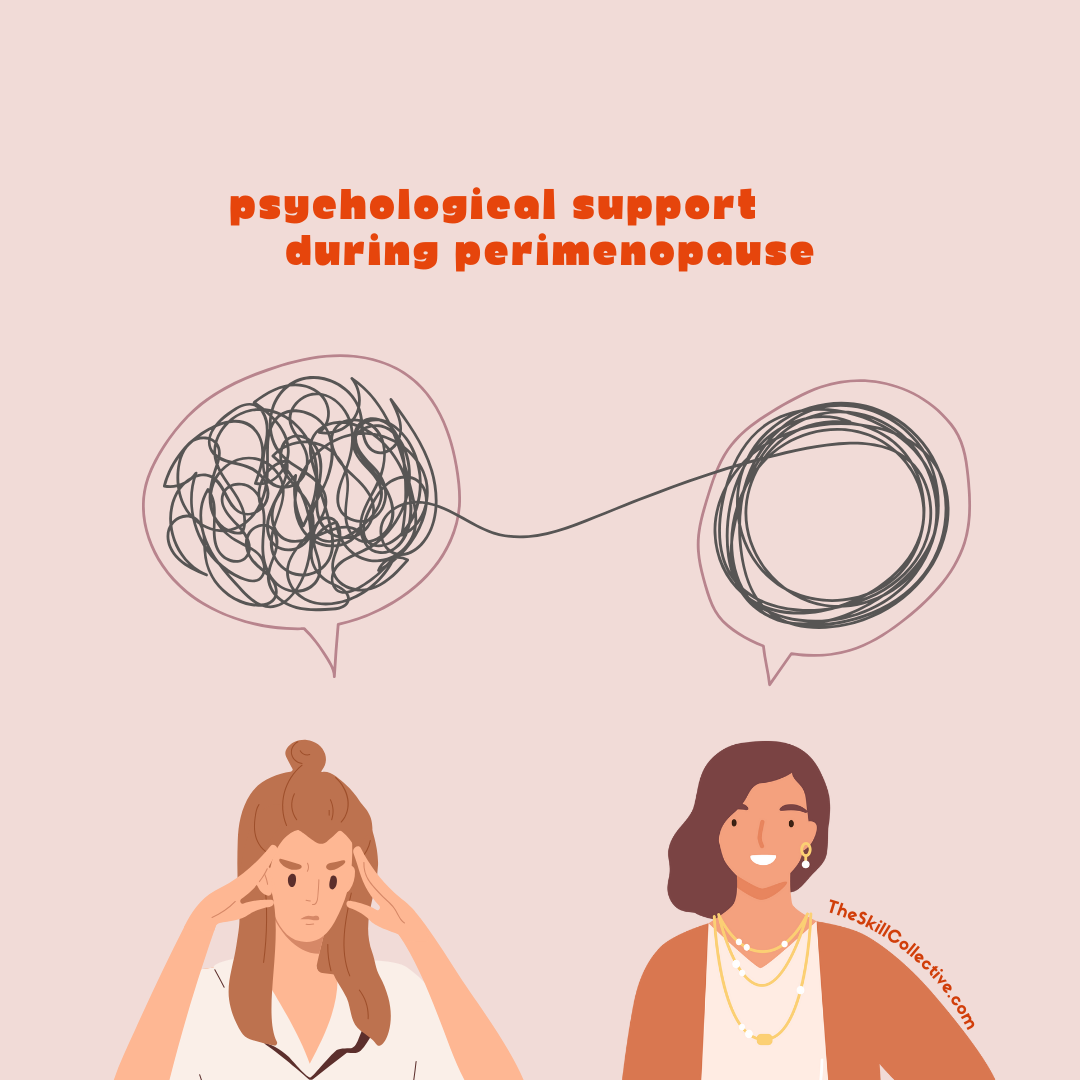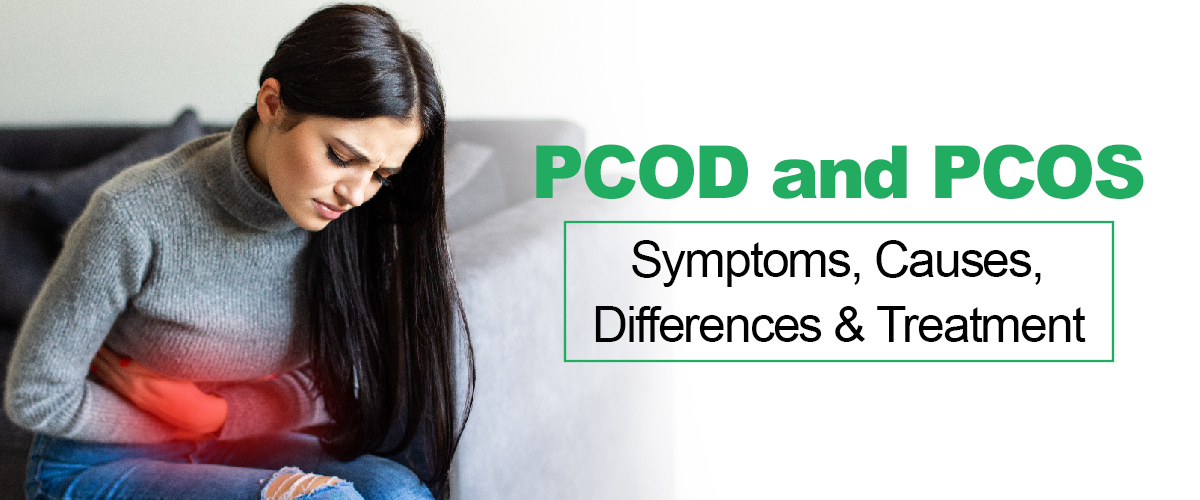How Perimenopause Affects Your Mental Health: Symptoms and Coping Mechanisms

Strong 8k brings an ultra-HD IPTV experience to your living room and your pocket.
Perimenopause is a significant phase in a woman’s life, marking the transition from reproductive years to menopause. While it is commonly associated with physical changes, such as irregular periods and hot flashes, its impact on mental health is often overlooked. Mood swings, anxiety, depression, and memory issues can make daily life challenging.
Understanding what perimenopause is, recognising its mental health symptoms, and adopting effective coping mechanisms can help women manage this transition smoothly. Additionally, having the best mediclaim policy for family or the best health insurance policy in India can ensure access to quality healthcare and mental health support when needed.
What is Perimenopause?
What is perimenopause? is the stage before menopause when a woman’s body undergoes hormonal fluctuations, leading to various symptoms. It usually begins in the late 30s or early 40s and can last for 4 to 10 years.
Unlike menopause, which is confirmed after 12 consecutive months without menstruation, perimenopause is a transition phase with irregular cycles and fluctuating oestrogen and progesterone levels. These hormonal shifts significantly affect brain function and emotional well-being, leading to mood disturbances and cognitive changes.
How Perimenopause Affects Mental Health
Perimenopause, the transitional phase before menopause, brings significant hormonal fluctuations that can impact both physical and mental well-being. Many women experience mood swings, anxiety, irritability, and even depression during this stage due to declining estrogen levels. These emotional changes, coupled with sleep disturbances and fatigue, can affect daily life and overall mental health. Understanding how perimenopause influences mood and cognitive function is crucial for managing symptoms effectively and maintaining emotional balance.
1. Mood Swings and Irritability
Many women experience unpredictable mood swings, shifting from happiness to sadness or frustration in a short span. Fluctuating oestrogen levels affect serotonin and dopamine production, the chemicals responsible for emotional balance and happiness.
2. Anxiety and Panic Attacks
Rising and falling hormone levels can make women feel anxious, overwhelmed, or panicked about everyday situations. Increased heart rate, restlessness, and excessive worrying are common signs of perimenopausal anxiety.
3. Depression and Emotional Low
Some women experience persistent sadness, loss of interest in activities, and extreme fatigue, which are signs of perimenopausal depression. Since oestrogen affects serotonin levels, its decline can contribute to feelings of hopelessness and withdrawal.
4. Memory Issues and Brain Fog
Difficulty remembering things, trouble concentrating, and feeling mentally slow are symptoms of perimenopausal brain fog. Women often struggle with recalling words, forgetting appointments, or feeling distracted.
5. Sleep Disturbances and Fatigue
Hot flashes, night sweats, and hormonal changes disrupt sleep, leading to insomnia and extreme tiredness during the day. Poor sleep quality worsens mental health symptoms, increasing irritability and stress.
6. Low Self-Esteem and Body Image Concerns
Physical changes, such as weight gain, hair thinning, and skin changes, can impact self-confidence and contribute to negative self-image.
7. Increased Stress and Difficulty Coping
Many women feel overwhelmed by daily responsibilities and struggle to cope with stress, especially if they are managing work, family, and personal health at the same time.
Since mental health symptoms during perimenopause can interfere with daily life, seeking medical support is essential. Opting for the best health insurance policy in India ensures access to specialist consultations, therapy, and mental health treatments.
Coping Mechanisms for Managing Perimenopausal Mental Health Issues
While perimenopause is a natural phase, adopting the right strategies and lifestyle changes can help manage mental health symptoms effectively.
1. Maintain a Balanced Diet
Eating nutrient-rich foods supports brain health and mood stability. Include:
Omega-3 fatty acids (found in salmon, walnuts, and flaxseeds) to boost brain function.
Whole grains and lean proteins for sustained energy.
Fruits and vegetables rich in antioxidants to reduce inflammation.
Vitamin D and calcium for bone and mental health.
2. Exercise Regularly
Physical activity releases endorphins, which improve mood and reduce stress. Recommended exercises include:
Walking, jogging, or cycling for cardiovascular health.
Yoga and Pilates to reduce anxiety and improve flexibility.
Strength training to maintain muscle tone and confidence.
3. Prioritise Sleep Hygiene
Since sleep disturbances worsen mood swings, creating a bedtime routine can help.
Maintain a consistent sleep schedule.
Avoid caffeine and alcohol before bed.
Use relaxation techniques like meditation and deep breathing.
4. Manage Stress Effectively
Stress intensifies anxiety and mood swings, making it important to practice relaxation techniques such as:
Deep breathing exercises to calm the nervous system.
Engaging in hobbies like painting, reading, or music.
Journaling to process emotions and thoughts.
5. Stay Socially Connected
Isolation can worsen depressive symptoms. Women should:
Talk to close friends and family about their experiences.
Join support groups for perimenopausal women.
Engage in social activities to reduce loneliness.
6. Consider Hormone Therapy and Medications
For severe mental health symptoms, doctors may recommend:
Hormone Replacement Therapy (HRT) to stabilise oestrogen levels.
Low-dose antidepressants for depression and anxiety.
Supplements like magnesium and Vitamin B12 for mood support.
Since medical treatments can be costly, having the best mediclaim policy for family can reduce financial stress and ensure access to necessary treatments.
7. Seek Professional Help
If mood disturbances, anxiety, or depression significantly impact daily life, it is essential to consult a mental health professional. Cognitive-behavioural therapy (CBT) and counselling can provide valuable strategies for managing emotional challenges.
With the best health insurance policy in India, women can receive mental health support without worrying about expenses.
How Health Insurance Supports Mental Health During Perimenopause
Given the emotional and psychological challenges of perimenopause, comprehensive health insurance is essential. A good insurance plan ensures that women can access:
Specialist consultations and mental health counselling.
Hormone therapy and medications for mood regulation.
Diagnostic tests for hormone levels and overall well-being.
Hospitalisation coverage for any severe health concerns.
Choosing the best mediclaim policy for family ensures financial security and peace of mind, allowing women to focus on their health without financial burden.
Conclusion
Perimenopause is a transformative phase in a woman’s life, often accompanied by emotional and mental health challenges such as anxiety, mood swings, brain fog, and sleep disturbances. While these changes can feel overwhelming, proactive steps like maintaining a balanced diet, regular exercise, mindfulness practices, and seeking medical guidance can significantly ease the transition.
More importantly, access to the right healthcare support ensures timely diagnosis, treatment, and emotional well-being. Investing in the best health insurance policy in India, such as Niva Bupa Health Insurance, provides comprehensive coverage for perimenopausal care, including consultations, mental health support, and necessary treatments. With financial security and the right medical assistance, women can focus on their well-being, embrace this phase with confidence, and lead a fulfilling life without compromising their health.
Note: IndiBlogHub features both user-submitted and editorial content. We do not verify third-party contributions. Read our Disclaimer and Privacy Policyfor details.







